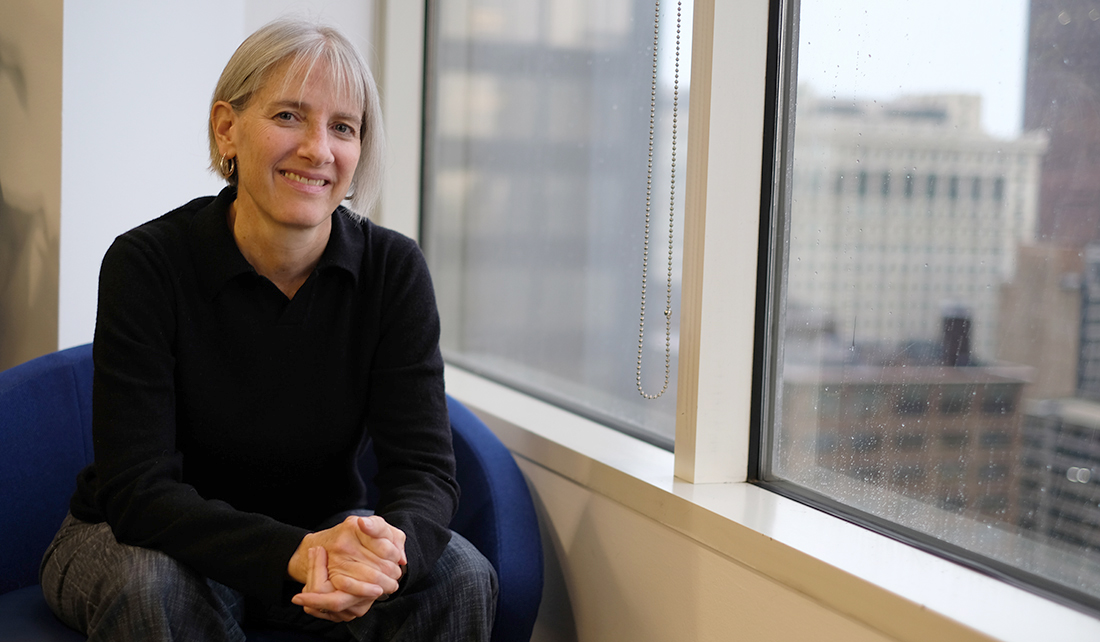
After an intensive hiring process with outstanding candidates, Pat Charlebois has been selected to lead Illinois-Indiana Sea Grant (IISG) outreach program efforts. Before taking on this new role, Charlebois was IISG’s aquatic invasive species outreach specialist and coordinator for over 20 years.
“Pat has great experience as a highly successful outreach specialist and coordinator of Illinois-Indiana Sea Grant’s aquatic invasive species program,” said Tomas Höök, director of IISG. “We’re excited to work with her as she builds on this experience to collaboratively oversee IISG’s diverse outreach programs.”
As the outreach program leader, Charlebois will lead the development, expansion and delivery of science-based outreach programming that helps communities and individuals make informed choices when managing and interacting with natural resources. She will help connect IISG’s specialists with scientists and potential partners and enhance our existing partnerships with Illinois Extension, Purdue Extension and the Prairie Research Institute.
“As I move into the role of outreach program leader, I’m excited by the prospect of using my experience to help IISG improve upon the great outreach programming that we’re known for,” said Charlebois. “I’m looking forward to mentoring our new staff as they build their own outreach programs, and I’m pleased to be helping lead the program as we continue to address Great Lakes issues.”
Charlebois has been acknowledged with several awards throughout her career, including an APEX Award for Publication Excellence, Professional Merit Awards from the Illinois Department of Natural Resources and Illinois Lake Management Association, and a National Sea Grant Blue Ribbon Award. She received both her B.S. and M.S. degrees in biology with a concentration in aquatic ecology from the University of Notre Dame.

